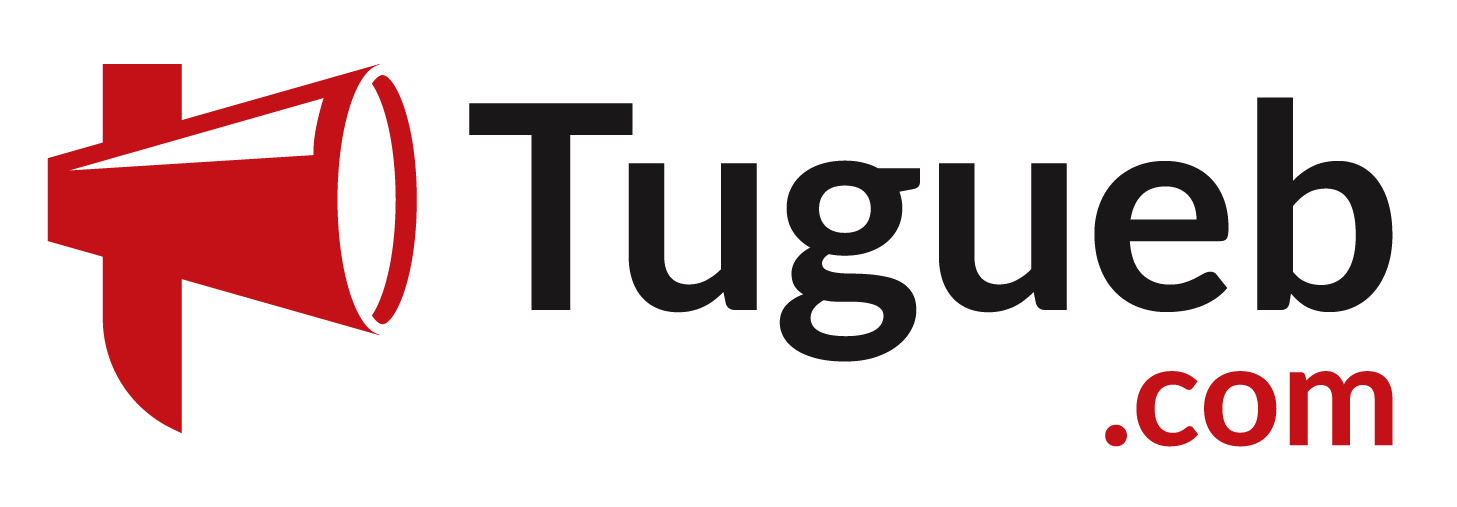Regardless of the industry, every small business will experience challenges. As the year gets started, make sure that you set aside some time to look at and review your payroll. You want to make sure that your payroll is set up correctly and that you have it set up in a manner that allows you to manage your payroll as effectively as possible. Aside from ensuring your employees are paid, you need to make sure the rest of processes and finance are set up for success.
The COVID-19 pandemic, which triggered the closure of thousands of businesses in the United States alone, has important lessons to teach. When your company is tested, as it will be, a few preparations can put you in the best position to navigate through these challenges and emerge stronger on the other side. Here they are.
Check Your Classifications for Your Employees
The first thing that you need to do is check your classifications for your employees. You should do this at least once or twice a year. Look at the duties and responsibilities of your employees to determine if they should be classified as independent contractors or employees. If you expect an individual to do the services that your business offers, and meet standards set by your business, that generally means that they are an employee.
Once you check and make sure that you have all of your employees classified properly as employees and not independent contractors, you need to look and see if you have employees properly classified as salary or hourly. There are actually rules that determine if workers are salary or hourly. It can be helpful to sit down with an account who understand all the nuances between salary and hourly employees to review the job descriptions of your employees to make sure that their roles are classified correctly as hourly or salary, and to make sure that you are paying them correctly for overtime.
Budget for Payroll Taxes
Sit down and take a look at your budget. When you create your budget, do you only budget for payroll or do you also budget for payroll taxes? If you do not currently budget for payroll taxes, be sure to adjust your budget so that it reflects not just your employees’ wages but the payroll taxes you need to pay for each employee.
Once you make that change to your budget, then you want to set up your payroll process so that your state and federal payroll taxes are automatically paid for you. You never want to get behind on paying your state and federal payroll taxes, because the fines are extremely steep.
Automated Tasks
A major mistake that many business owners make is failing to automate tasks, instead relying on manpower (often the business owner himself or herself) to get the job done. Examples include employee time tracking, accounting and payments, and other routine activities – even social media posting. One major aspect of your business that can be automated is payroll. Work with an accountant to automate your payroll process. Set up payroll software that you can use to input important payroll information, and hire an accountant to process all of your payroll information each pay period. This will help automate the process and make things run much smoother for your small business.
Business software has come a long way in managing these everyday tasks so that you can focus on the big picture, like expanding and building infrastructure, without getting bogged down in the minutia.
Build an Emergency Fund
When that rainy day inevitably comes, you will be glad that you have a reservoir of funds to tap into on a moment’s notice. A good rule of thumb is to keep enough cash on hand, if possible, to sustain the business through three months of hardship. Ideally, you would want enough to keep the business running for six months in emergency conditions. This can be tricky when starting a brand new business, so it might be a good idea to seek funding before investing too much of your own money.
Be Prepared to Cut Down on Extra Costs
Expenditures like advertising can and do produce results, which is why businesses invest in them. But, in a crunch, as in the recent COVID lockdowns, you should have a plan to go into “triage mode” by eliminating these costs that don’t directly contribute to sustaining the business through tough times. When the economy rebounds, you can resume these necessary activities.
Enlist the Help of a Financial Planning Expert
Effective financial planning is critical in the best of business environments but all the more so in terms of planning for unforeseen developments. Beyond the mere expertise, bringing in an outside with a fresh perspective can alert you to any potential blind spots that you might not have noticed before.
In addition to lending expert advice, building and maintaining a strong relationship with your bank can increase the odds of receiving emergency assistance if and when you require it.
The hard times, as we’ve seen recently, are destined to come. Predicting how and what form these arising situations will come in, though, is trickier. That’s why preparedness is key; follow these steps and you’ll boost your company’s chances of survival in such instances. Make sure that all of your employees are classified correctly, budget for payroll taxes, automate the payroll tax process, and set up a digital system with your accountant for accomplishing payroll. Talk to a financial advisor when planning your business’s future.





















